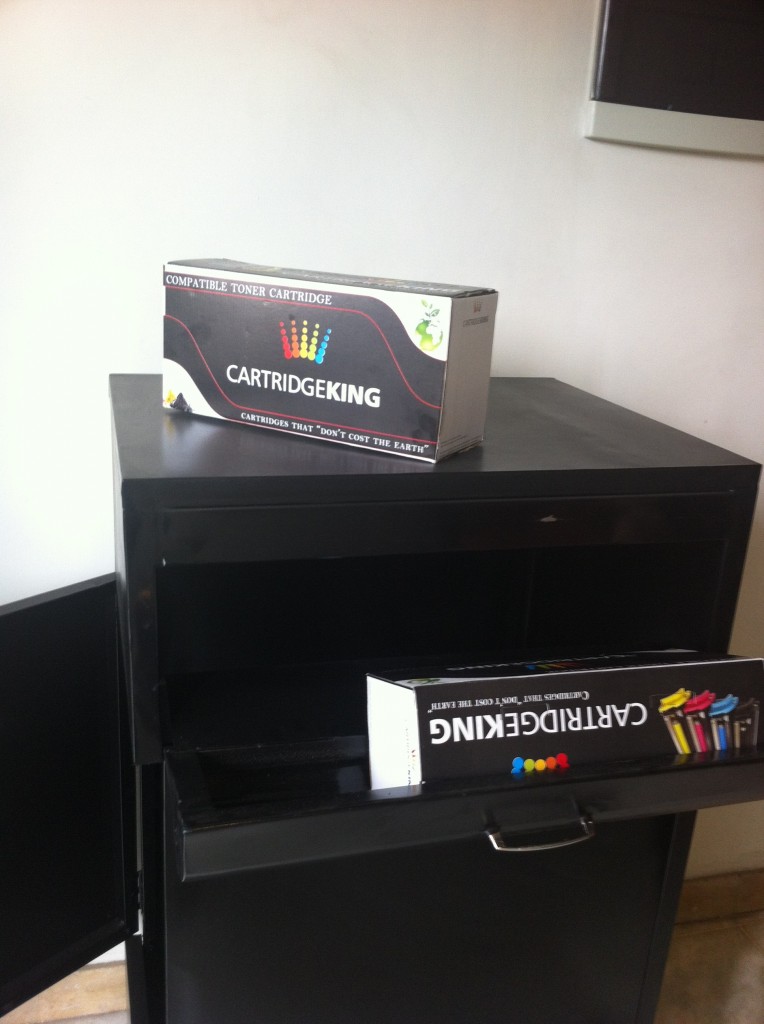Please see the website of SPANG MAKANDRA for the latest news:
All Postings
Applicant is from The Netherlands
Local Partners is Sudanese/Dutch owned
2013 Warehouse finished, AFI started operations.
chrome plating, seal production and hose crimping.
2016:
PSI project is completed, AFI is operating very successfully, has a good turnover and a lot of business, especially in the production of seals.
Latest pictures:
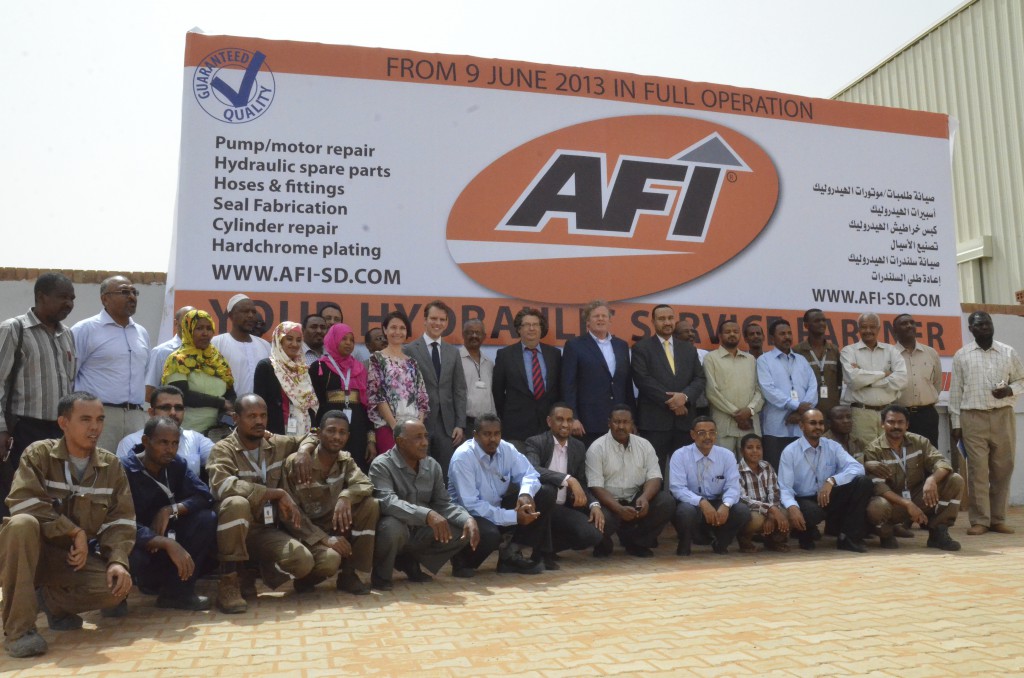
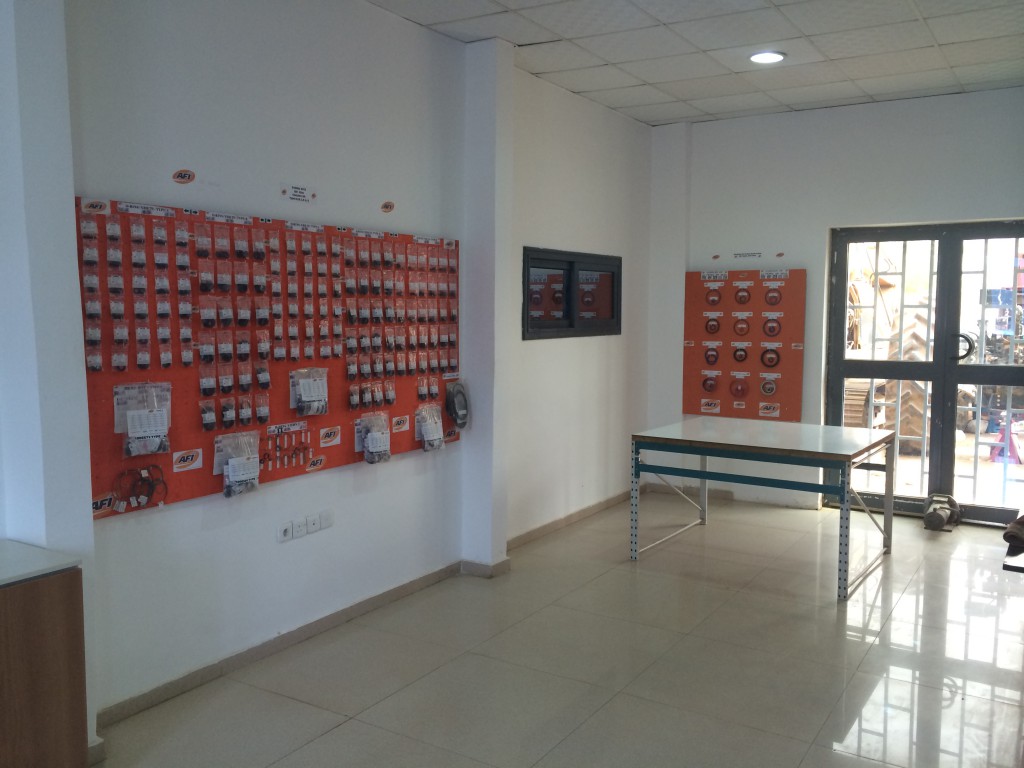
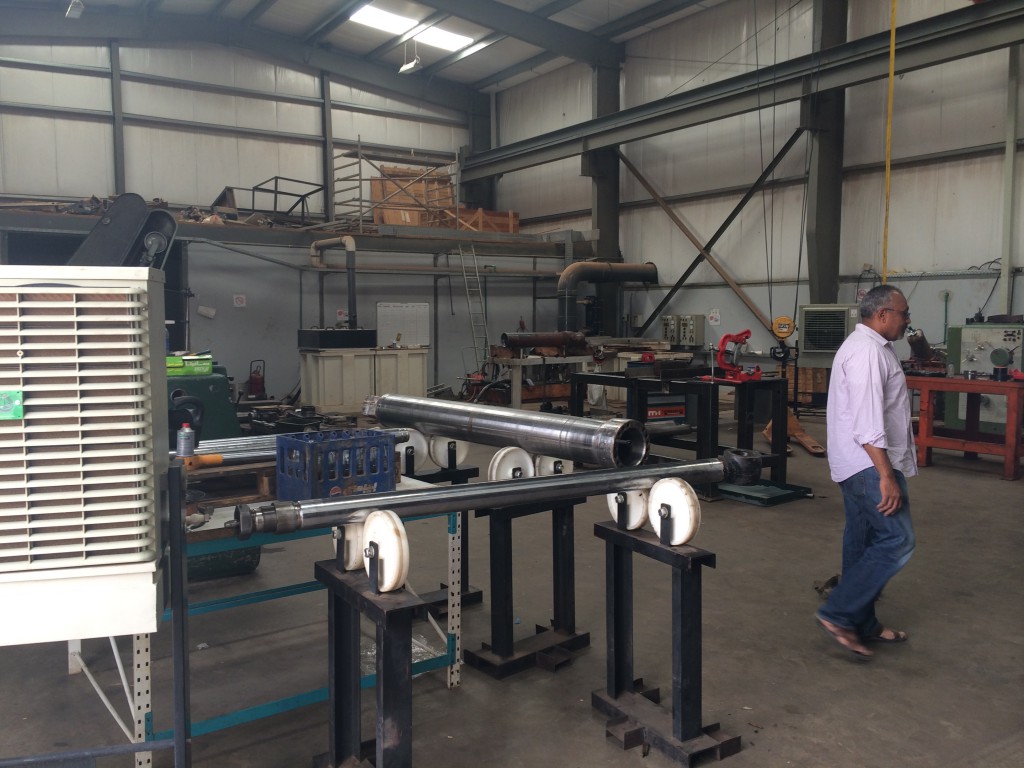
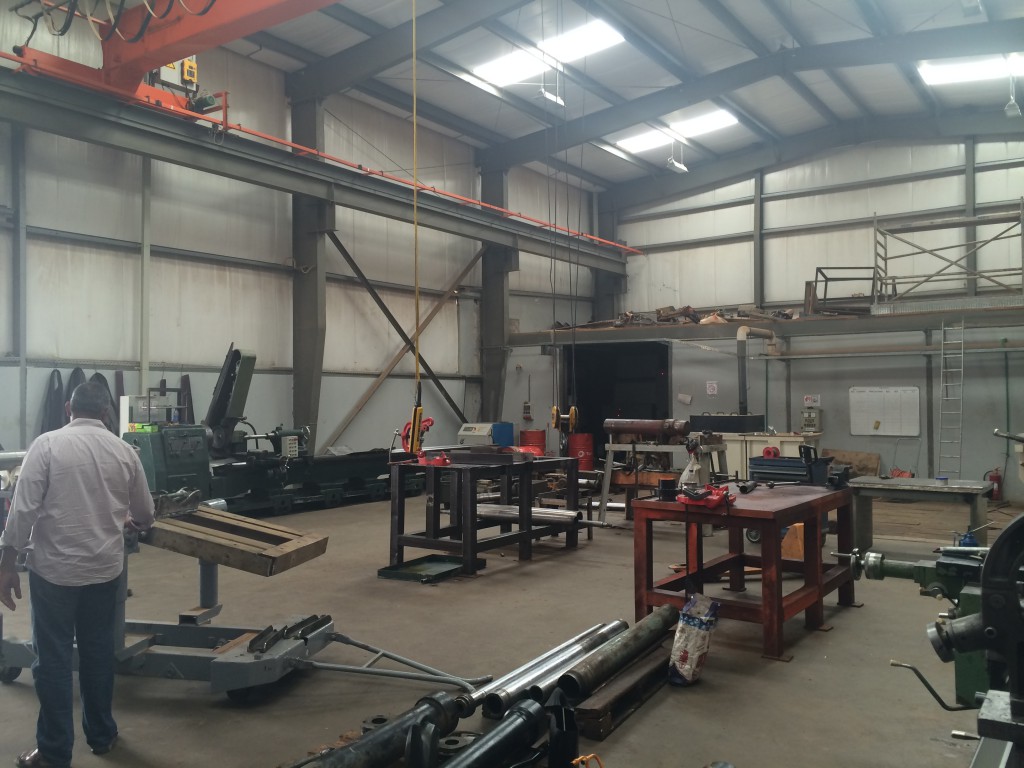
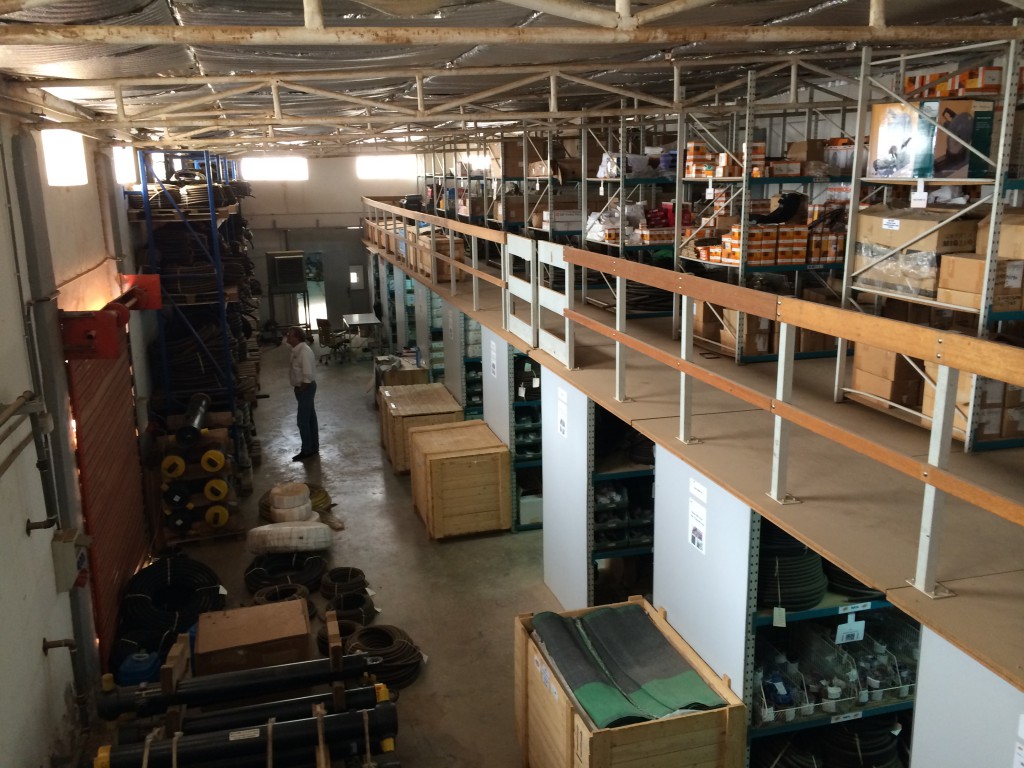

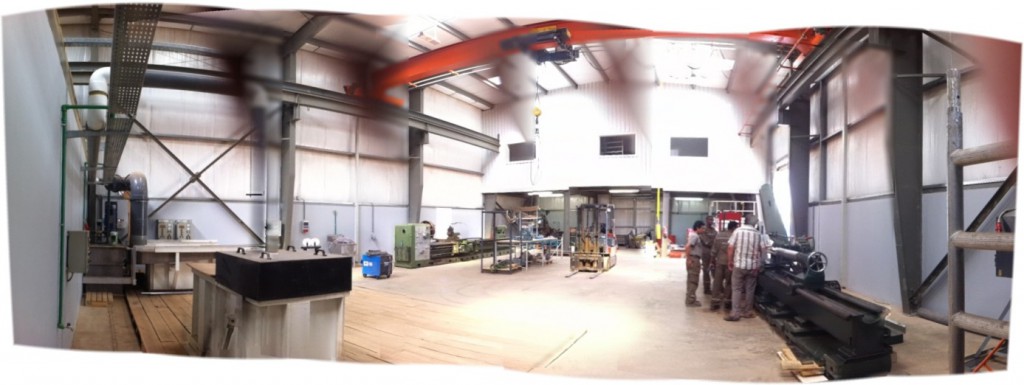
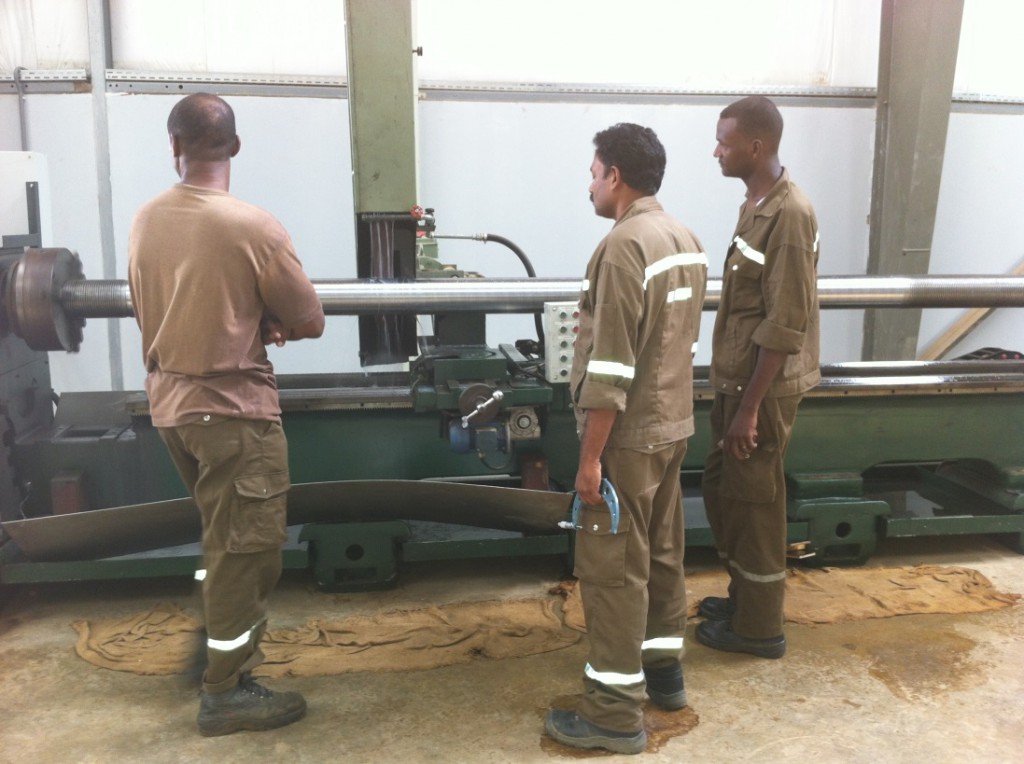
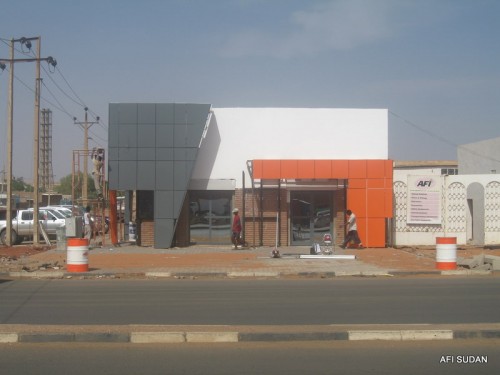
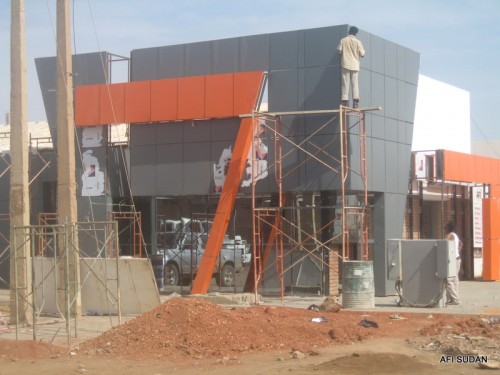
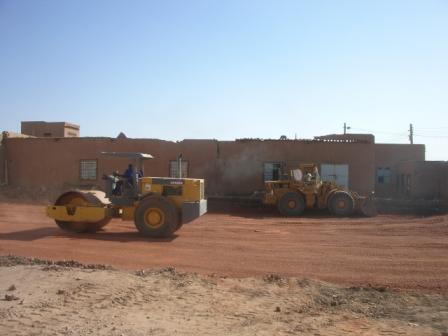
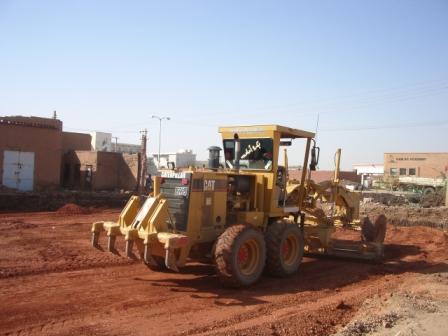
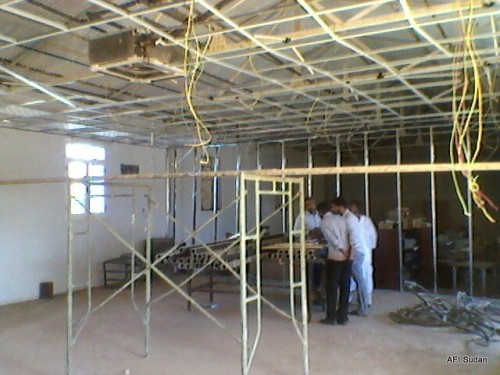
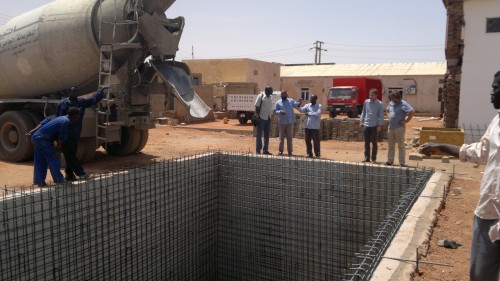
AFI Sudan expects the factory to be ready in January 2013.
Khartoum visit June 2013:

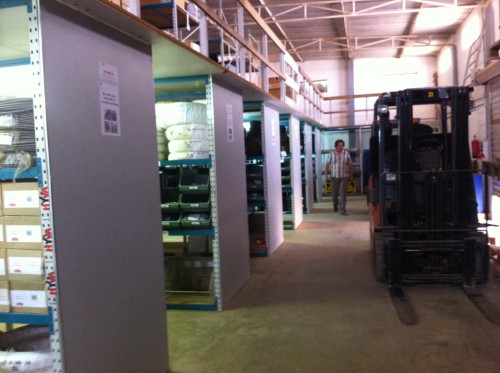
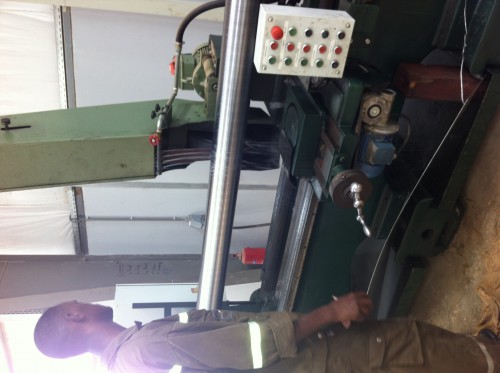

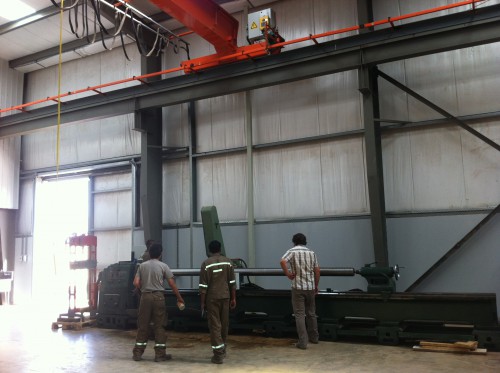
Meeting Excess Demand for Tilapia Through Aquaculture: 
S.O.N Fish Farm Ltd plans to invests US $ 5 million
S.O.N. is a greenfield commercial fish farming venture located at Jinja – eastern Uganda and
promoted by Mr. Patrick Blow (British) and Mr. Phillip Borel (Belgian). S.O.N. is pioneering large scale
commercial fish farming in Uganda by taking advantage of increasing demand for fish world-wide and the
country’s ideal fish farming conditions. S.O.N. was launched in 2005 with an initial investment of US$
0.5million. Promoted by two shareholders, Lake Harvest Group represented by Mr. Patrick Blow, and
Greenfields Uganda Ltd (GUL), represented by Mr. Philip Borel respectively, S.O.N. is currently a pilot
scale fish farm expected to be mainstreamed after successful implementation into a 2,500 tonnes per annum
world class farm.
SON’s fish ponds are constructed to the highest standards and the project is currently producing about
500,000 tilapia fry per month, and selling many of these to other commercial fish farmers in the country.
Employee numbers have increased from 1 in 2005 to 20 in 2007 including 7 Diploma holders, 3 graduates,
and 2 expatriates, one from Zimbabwe who had ten years’ prior work experience with Lake Harvest Fish
Farm. The company is also pioneering the establishment of a large scale tilapia fish hatchery in addition to
rearing selectively bred tilapia for its own use and
for sale to third party fish farmers.
According to Mr Blow, Uganda was selected as an
investment location based on the presence of large
unpolluted fresh water bodies including Lake
Victoria and over 160 other lakes with abundant
stocks of Nile Tilapia, optimum temperatures for
aquaculture. The fish sector also fully complies
with the EU and USA Hazard Analysis Critical
Control Point (HACCP) procedures and veterinary
controls. This has made it easy to launch fish
farming operations since strong regional markets
exist. “If the current sector growth rate is
maintained, adequate raw fish supplies may not be
sustained into the future. Uganda therefore needs to attract investments in aquaculture. S.O.N. is venturing
into aquaculture in anticipation of greater future demand for raw fish both for the domestic and export
markets” says Mr. Blow.
.
Another consideration pertained to
Uganda’s ‘Rigidity of Employment
Index’ which is one of the lowest in
Africa at 7 while Kenya’s is 24;
Tanzania’s is 65, & South Africa’s is 54
making Uganda a natural choice in
terms of hiring workers for the project.
A study done by MIGA in 2006
benchmarking Uganda with other
African countries indicated that the cost
of professional labour in the fish sector in Uganda is about US$4,000 per annum compared to US$14,000
per annum in Kenya and US$104,000 per annum in South Africa.
Mr. Blow also considered Uganda’s favourable climatic conditions due to Uganda’s location at the heart of
equator, which renders it suitable for Tilapia fish farming. Furthermore, according to the fish sector studies,
many of the present 17 fish processing factories in Uganda are operating between 40-50% capacity
utilisation way below their installed capacities. This idle capacity presents opportunities to be reaped from
farming fish to supply the processing factories or toll process through them.
Mr. Blow is all praises for the Uganda Investment Authority. “With the support of Uganda Investment
Authority, we were able to rent, on a long term and secure basis about 200 acres of land in Njeru. We fully
appreciate and count on the continued support of UIA” he says. However, some constraints remain
including lack of a good source of quality aqua feeds. “In order to have successful commercial fish farming
in Uganda, there must be an assured source of quality aqua feeds at affordable prices, which unfortunately
is still absent in Uganda. We are now working with local feeds companies to try to develop extruded feeds
made using local raw materials” Mr Blow adds.
Having ironed out many of the technical issues of farming tilapia in Uganda, SON is now looking to expand
from a pilot scale into a 2,500t per annum large scale commercial enterprise.
The company is also
looking for other investors interested in joining its business.
Further details and description of the project will follow once the project has been gone through the process of approval by the EVD.
Latest news:
This project has been approved for funding by the EVD:
PSI grant: euro 750.000
Further details and description of the project will follow once the project has been gone through the process of approval by the EVD.
Latest news:
This project has been approved for funding by the EVD.
PROJECT:
The goal of the project is to establish a Core Production Operation (Piri Piri Elefante Mocambique) for the processing and export of chili products. Besides its own farm, the project will also contract commercial out growers with small scale farming networks which will target and train 1500 small scale farmers . PPEM will cultivate, process and export chilies under exclusive contract for McIIhenny Company USA (Tabasco® Pepper Sauces Owners) and other manufacturers based in South Africa. (Example: Nando’s, Elephant Pepper’s own brand ).
Project Mission: PPEM and its commercial out growers and small scale farmers will work collaboratively under a shared vision of conservation and sustainable economic development for Mozambique. PPEM brings financial, social and environmental benefits to its stakeholders, linking farmers to global markets through the sale of value added chilies products and by raising awareness around successful approaches to sustainable development.
African Spices Ltd. (ASL) and Elephant Pepper Development Trust were founded to support the initiative of elephant conservation and livelihood market linkages for rural Africans throughout Southern Africa.
Its mandate is to service both of these objectives through the facilitation of chili cultivation, purchasing our chilies as a cash crop, and the broader objective of raising consumer awareness of the Elephant Pepper product brand.
The Tabasco (a variety of chili) chili mash production project specifically promotes the livelihoods of rural farmers, the development of conservation agricultural techniques, ethical supply chains and a ‘trade not aid’ philosophy to effect sustainable business development in Africa.
ASL farming operations cultivates processes and exports Tabasco chili mash under an exclusive contract to Mcllhenny Company as one of only 7 approved suppliers globally. ASL has already deployed this model successfully in Southern Africa, with 800 tons of mash exported to the McIlhenny Company (Tabasco®) over the past 6 years. During the 2009 season, 300 tons of mash was exported from Zambia, Swaziland and Zimbabwe.
ASL through its Mozambique operation PPEM will develop production in Southern Mozambique to increase the volume of chili mash exported to McIlhenny Company. PPEM will capitalize on Mozambique’s optimal growing conditions, abundant and affordable labor, and proximity to the increasingly efficient Port of Maputo.
PPEM’s operation will deploy a similar model as utilized in Zambia. This consists of a owned and operated Core Production Operation with production and processing facilities, and a network of commercial and smallholder farmers. This model is attractive as the core operation guarantees McIlhenny Company a minimum quota and a quality standard, while the out grower networks allow PPEM to increase overall production, volumes and ultimately turnover without significantly increasing its own costs. Out growers benefit from a guaranteed market and price, providing a clear incentive to invest in capabilities and achieving the highest yields possible.
The reference in the document to Elephant Pepper is a brand name of the overall activities of the chili projects in Africa. The African Spices Ltd, Elephant Pepper Development Trust and Piri Piri Elefante Mozambique are related to the vision of the brand Elephant Pepper. Each individual company works independently of each other under the shared Vision of the Elephant Pepper’s social and environmental development objectives.
Latest Activities: August 2010
Recent new staff Piri Piri:
september 2010: first chili seedlings and shade house ready. Construction warehouse going on.
Further details and description of the project will follow once the project has been gone through the process of approval by the EVD.
Latest news:
This project has been approved for funding by the EVD/Agentschap NL:
Nov 2011: the project has already gathered peanuts from small farmers. They are already sold in the supermarkets of Albert Heijn in The Netherlands and Germany.
Update NOV 2013:
The peanut is sold by Jack Klijn in The Netherlands and is called the OERPINDA:
Almost 300 farmers have been trained and already 1200 MT of peanuts have been exported to The Netherlands.
The factory in Bolivia has been finalized. It has become 3 times as big and extra investments have been made with the help of ANNONA fund and the partners themselves.
See their new website: http://www.agritrade.com.bo/es/index.php
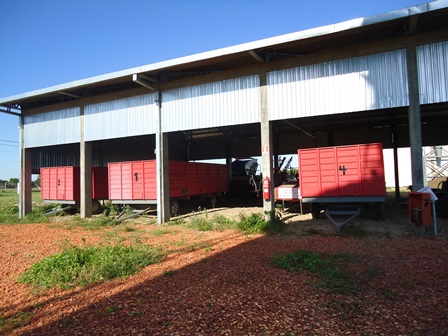
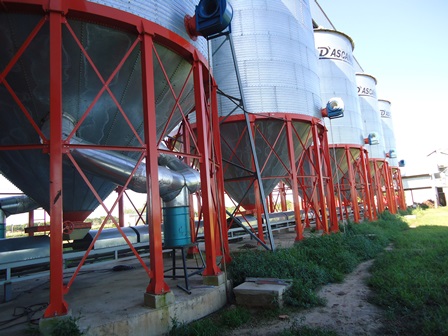
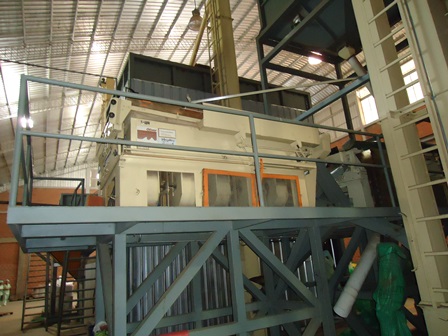
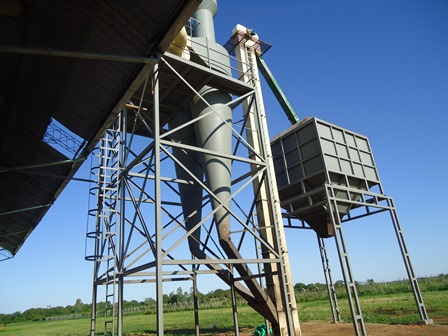
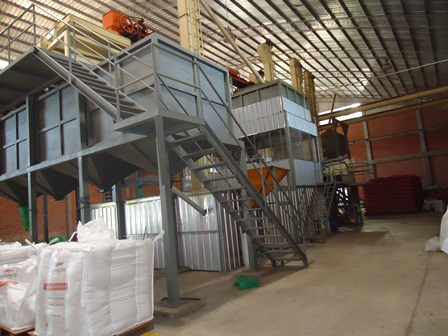
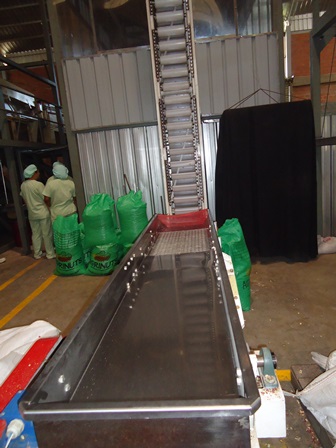
This PSI project was submitted on the 24th of August 2009.
This project has been approved for PSI funding in December 2009. The partners will start the first formalities (setting up their Joint Venture) in the next two months.
Project budget: 1,5 million EUR of which 750.000 will be PSI grant.
Recipient company is from Zambia.
Applicant company is from South Africa.
March 2012:
The project is already in its last phase: result 4.
The factory is called Techpack Ltd. and is on its way to produce the first woven sacks for the local market.
2015; the project is running succesfuly.
This proposal was submitted on the 24th of August 2009.
This project has been approved for PSI subsidy in December 2009. The total budget is 1,5 milion EUR of which 750.000 will be PSI grant.
Partners:
Recipient company from Ethiopia
Applicant company from kenya
The project has started and a Joint Venture was established: Cartridge King Ltd.
They have renovated a facility and installed most hardware.
They are test running now and are now focusing on marketing their new brand
25th of June 2012.
Cartridge King has had an inauguration ceremony last week:
http://www.youtube.com/watch?v=Q6Wgt2qupFY
They finalized their pilot project succesfuly mid 2013.
Picture: Collection bin for cartridge pick up.
